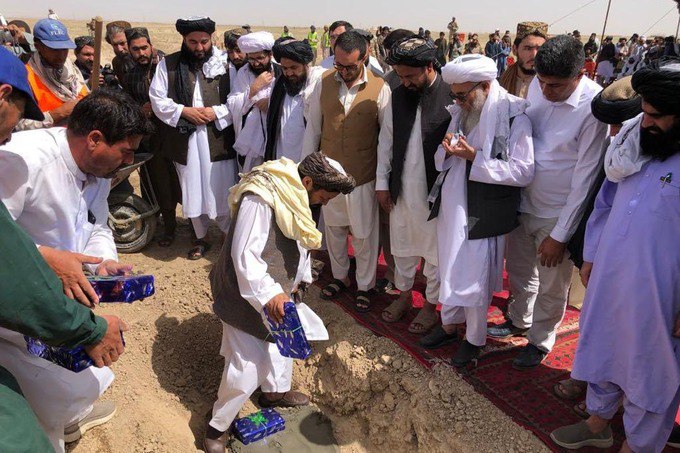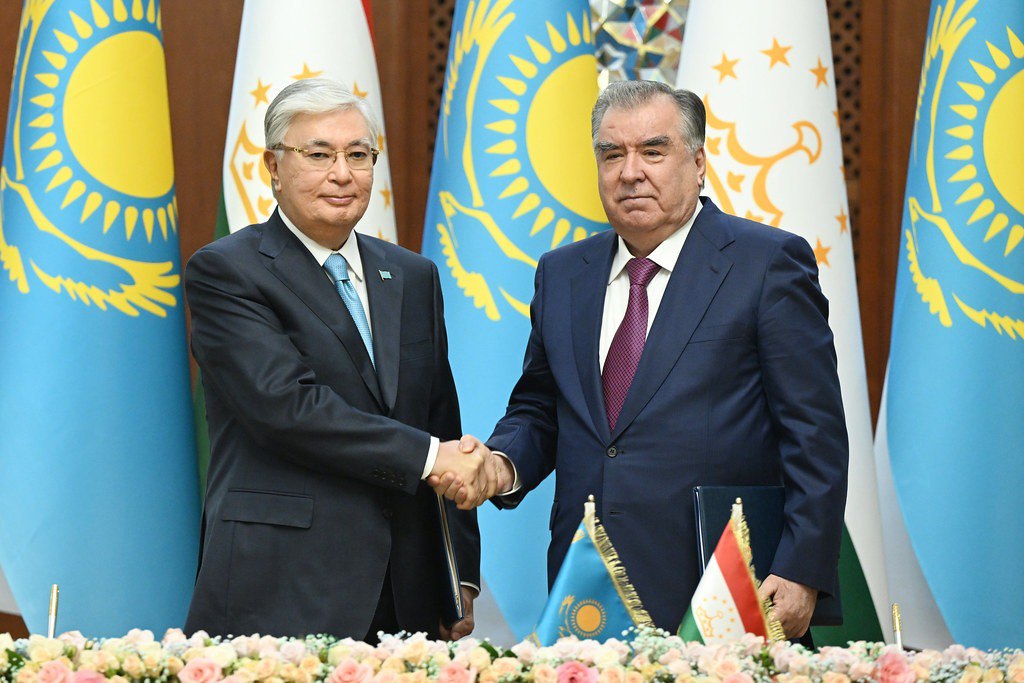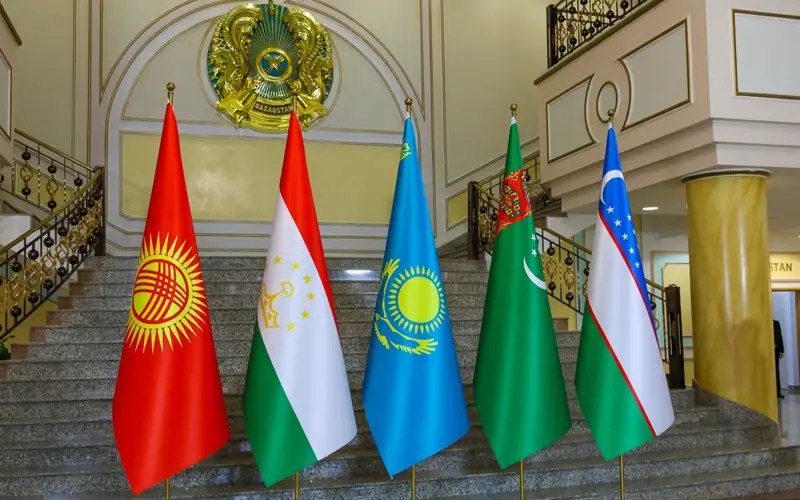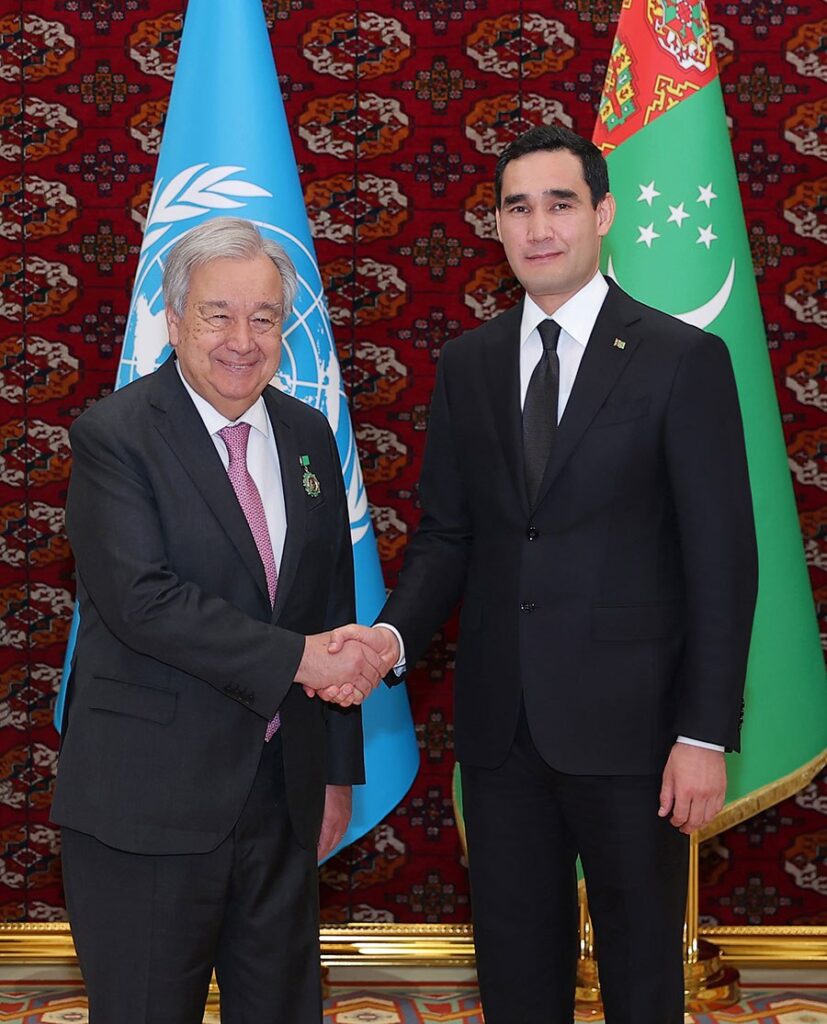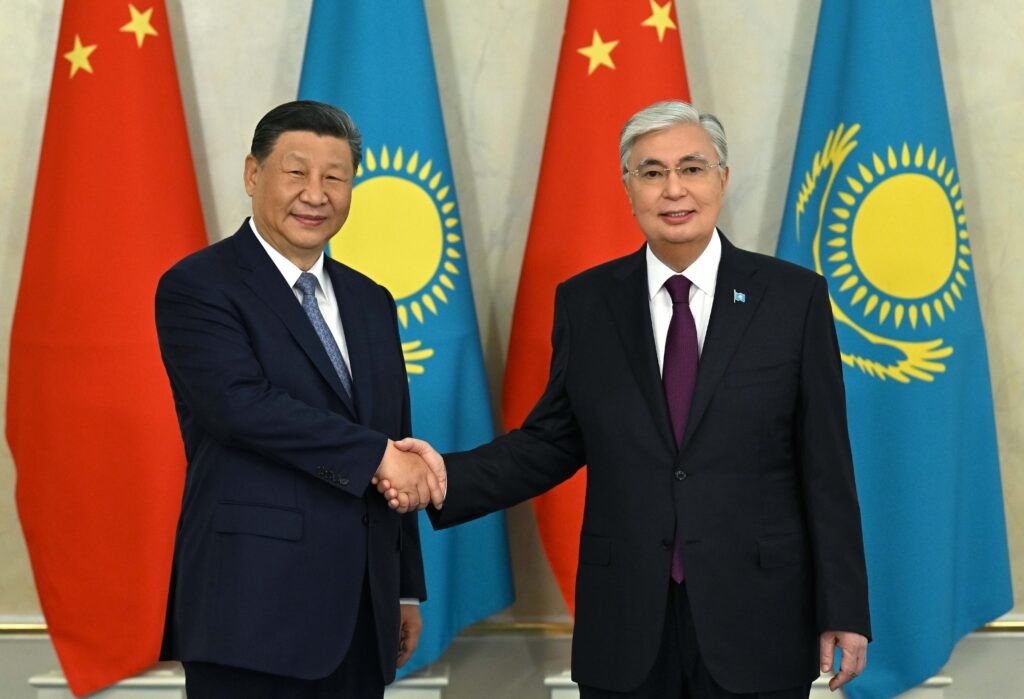Uzbekistan Builds a Religious School in Afghanistan
TOLOnews is reporting that Uzbekistan has agreed to finance the construction of a religious school in the Afghan city of Mazar-i-Sharif. The school, which will be built on sixty acres of land and will cost $6 million, is intended for one thousand pupils. The Consul General of Uzbekistan in Mazar-i-Sharif, Furqat Nazarov, said that the school is being built at the request of the governor of Afghanistan's Balkh province. Nazarov added: “We have allocated one year for this project, and it will be completed by then.” Balkh's Deputy Governor Nurul Hadi Abu Idris commented: “This is a sign of the coordination of the Islamic Ummah. Unity among Muslims is increasing daily.” Afghan officials consider Uzbekistan's establishment of this school to be a practical step in strengthening relations between the two countries. Abdul Jalil Shaheedkhil, the head of Balkh province's education department, said: “The establishment of this school, God willing, will further strengthen relations between Afghanistan and Uzbekistan.” Zabihullah Noorani, the head of information and culture in Balkh, said: “This will be the largest school in Afghanistan, and it will improve our education sector.” The Consul General of Uzbekistan in Mazar-i-Sharif promised to strengthen ties with Afghanistan, and added that Uzbekistan would soon resume providing education and business visas for Afghan citizens. Uzbekistan and Afghanistan are developing their trade relations. This year there are opportunities to increase the volume of mutual trade to $1 billion and, soon after, to $3 billion. Uzbekistan has also finished repairing the Naibabad railway station in Afghanistan.
